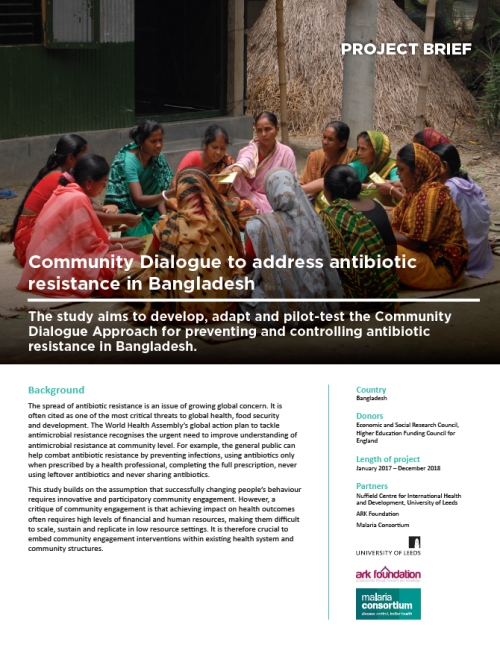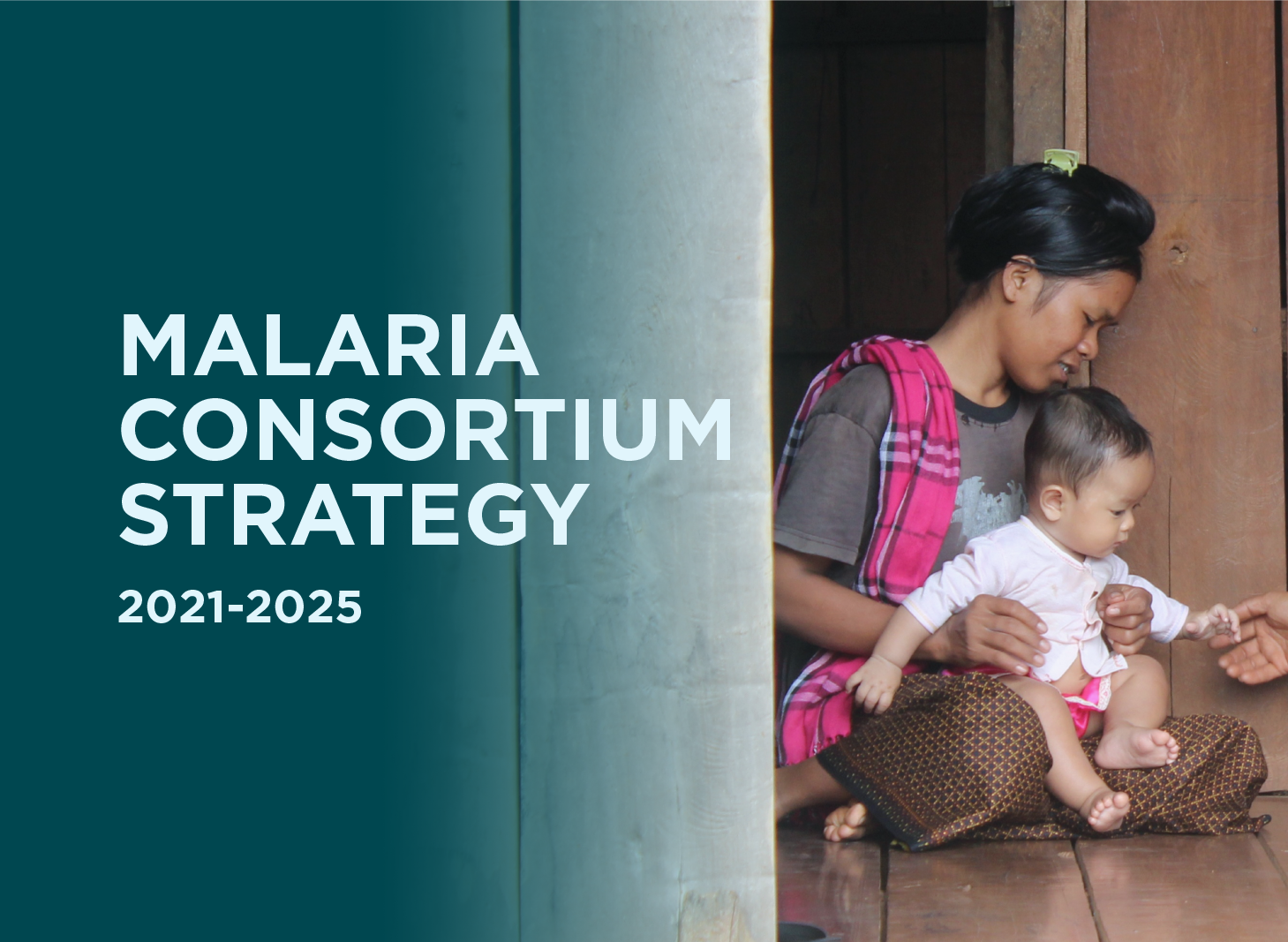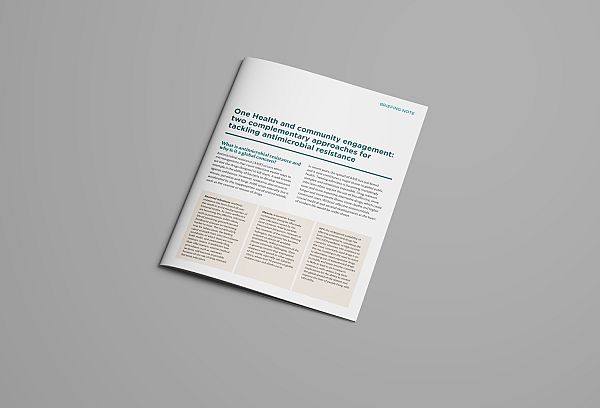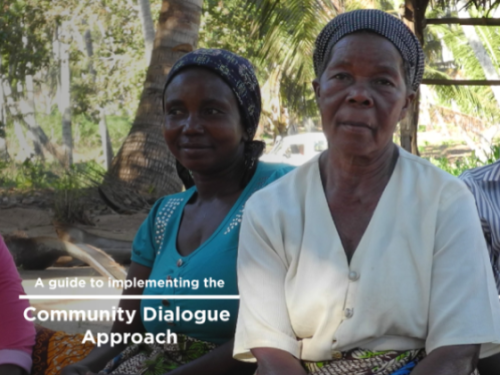Project
Bangladesh community dialogues
Antibiotic resistance is on the rise globally. It is especially problematic in settings where antibiotics can be bought over-the-counter and where they are over-used by providers and patients. The World Health Organisation recommends that antibiotics should only be used when prescribed by a certified health professional and to strictly follow health worker’s advice when using antibiotics.
This study explores the use of community dialogues, a community engagement approach pioneered by Malaria Consortium and used across a range of different contexts, for preventing and controlling antibiotic resistance in Bangladesh. The community dialogues are embedded within the infrastructure of community clinic support groups and involve non-professional community volunteers facilitating regular meetings within their own communities to discuss how community members can work together to stop the spread of antibiotic resistance.
The study is conducted in partnership with:
The Nuffield Centre for International Health and Development, University of Leeds;
ARK Foundation
Back





